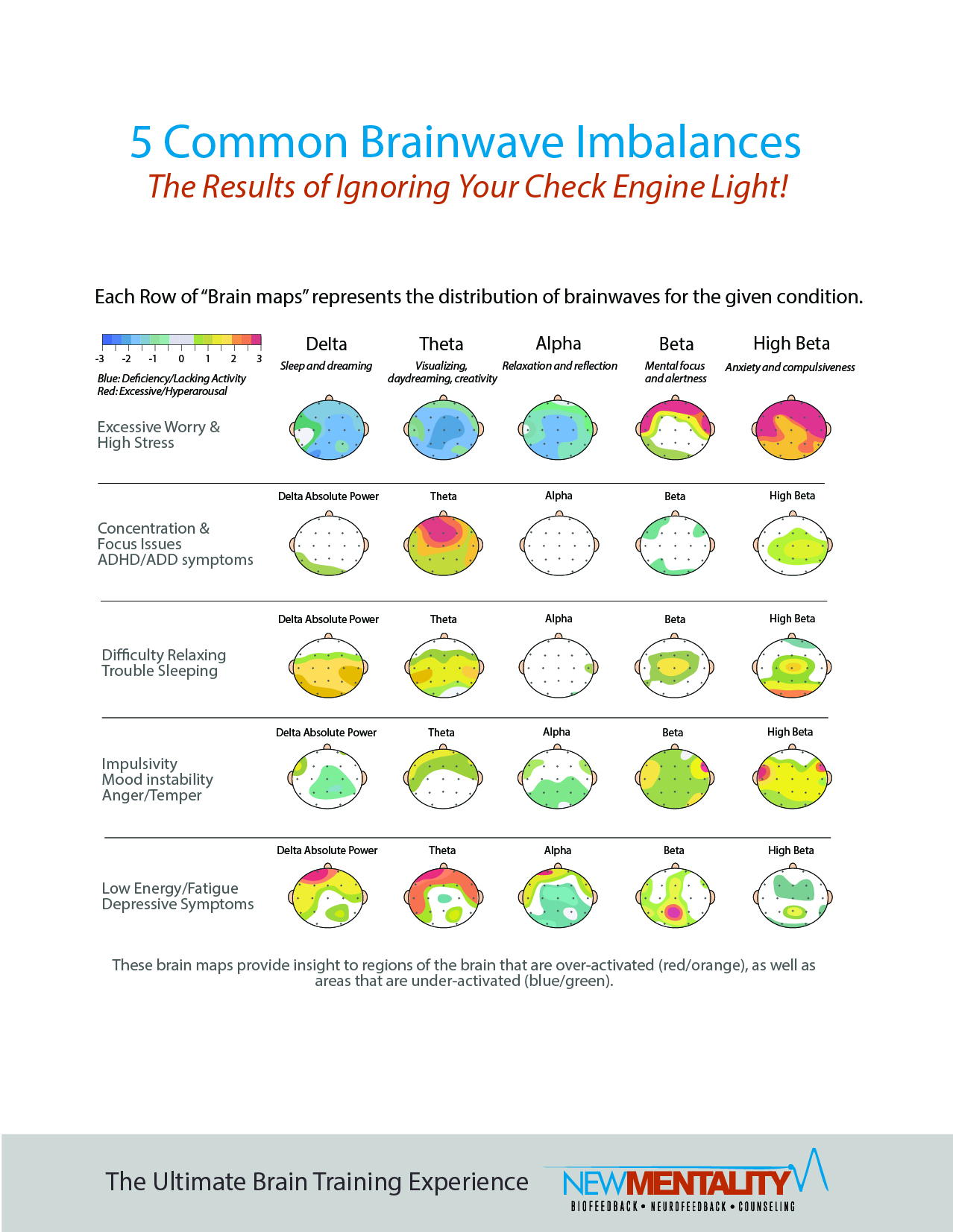Harnessing the Power of Bio Feedback to Transform Chronic Discomfort Management and Enhance Standard of Life
Harnessing the Power of Bio Feedback to Transform Chronic Discomfort Management and Enhance Standard of Life
Blog Article
Persistent pain is a condition that affects millions of people around the world. It can be triggered by various factors, including injuries, illnesses, or even stress. For many patients, managing chronic pain can be a daily challenge that affects their quality of life. Conventional treatments often consist of medications, physiotherapeutic therapy, and occasionally surgery. However, these methods do not always offer the relief that patients seek. Recently, biofeedback has surfaced as a potential option for managing chronic pain and enhancing overall health.
Biofeedback is a technique that teaches patients how to manage certain bodily functions by utilizing signals from their own bodies. This method involves employing sensors that monitor physiological responses such as heart rate, muscle tension, and skin temperature. By offering real-time feedback, patients can learn to identify their body's responses to pain and stress. This consciousness allows them to develop strategies to manage their pain more effectively. For instance, if a person observes that their muscle tension increases when they are in pain, they can utilize relaxation strategies to help alleviate that tension.
One of the key advantages of biofeedback is that it enables individuals to take an proactive role in their pain control. Instead of depending solely on drugs or treatments from healthcare providers, individuals can learn to understand and regulate their own physiology. This feeling of control can lead to enhanced confidence and a more positive outlook on life. Many patients report feeling more in charge find out of their pain and less like victims of their condition. This shift in mindset can substantially improve their standard of life.
Studies has demonstrated that biofeedback can be effective in alleviating chronic pain indicators. Research suggest that patients who use biofeedback techniques often experience less pain and improved physical function. Additionally, biofeedback can help reduce anxiety and stress, which are common issues for those dealing with chronic pain. By addressing both the physical and psychological aspects of pain, biofeedback provides a comprehensive approach to pain management. This integrated method can lead to superior outcomes for individuals, allowing them to participate more completely in their routine activities.
In summary, biofeedback is a valuable tool for transforming chronic pain control. By teaching patients to comprehend and regulate their physiological reactions, biofeedback empowers patients to take charge of their pain. This approach not only helps reduce pain but also enhances overall quality of life. As more individuals look for options to conventional pain control methods, biofeedback emerges as a potential solution. With ongoing investigation and awareness, biofeedback could become an integral part of chronic pain treatment, helping individuals lead healthier, more fulfilling lives.